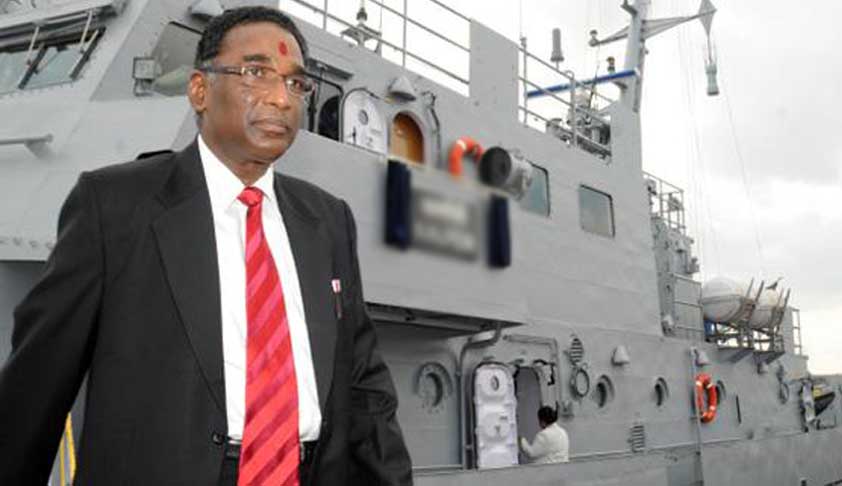Justice Chelameswar Says Collegium Meetings Follow No Principles Of Law
LIVELAW NEWS NETWORK
28 Aug 2017 9:27 AM IST

Next Story
28 Aug 2017 9:27 AM IST
A crisis looms large over the Supreme Court collegiums with Justice Jasti Chelameswar, the senior most SC judge now saying informal, coffee table meetings were passed off as collegium meetings by CJI J S Khehar, brushing aside norms governing meetings for selection of judges for constitutional courts, the Times Of India reports.Justice J Chelameswar, the second senior-most SC judge, who was...
